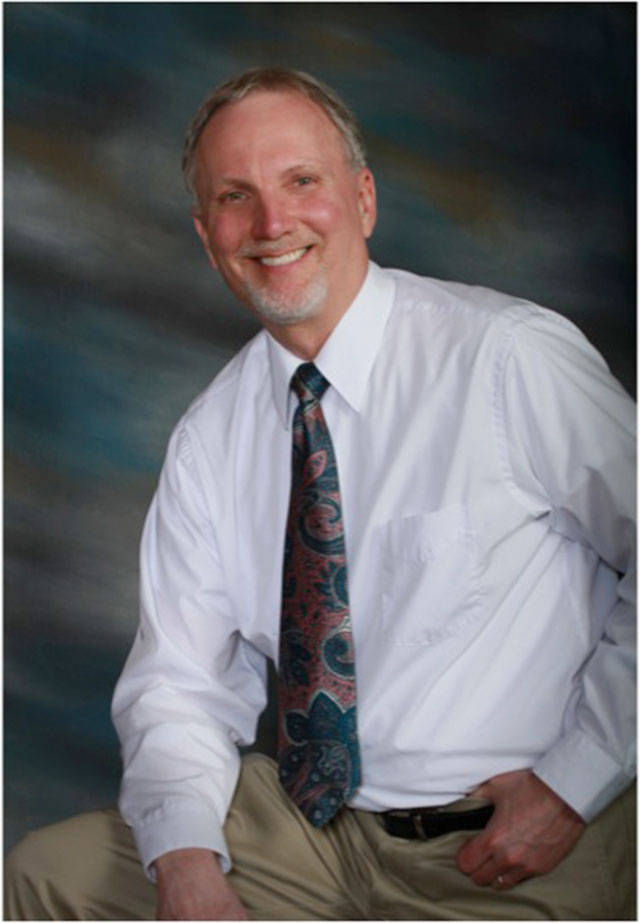What were your parents’ goals for you and your siblings as you were growing up? Do you know? If you do, your parents were unlike probably 95 percent of parents out there. Most have never even thought about it. Their goals for having children – if that was their goal and not an accident – were vague and unformed.
Women usually want to have children more than men do. For some, it is because it fulfills their feminine identity. For others, there seems to be an innate desire to have children. Women tend to uphold the traditions of a culture and society.
When I think about my parents wanting children, I see my mother who was frustrated in this because the doctors told her she was physically unable to have a child. When my father was serving in the Navy on a battleship during World War II, my mother decided to adopt two boys to fulfill her desire for children. My father passively signed off on the adoptions, not realizing the implications for him and his marriage. Those two boys are my brothers. I came along as a surprise two years later.
When I ask myself what the goals of my parents were in raising us three boys, I come up with these conclusions. My father had no clue about being a father. He saw his responsibility as providing a stable income for the family, which he did well. My mother’s goal seems to be that she wanted to be a good wife and mother, but doing this with two adopted boys, especially the middle one, was beyond her. John was disruptive and rebellious; as my aunt noted in deep frustration when she and her husband took him for a year in his late teens, “He just wouldn’t listen or learn.” My parents never considered nor worked toward having and developing a relationship with their adult children or having their children form close relationships with each other. The result today is that “us three boys” are not close.
When I became a parent, I wanted several things: One was to be the dad I wish I had; the other (which only came clear as my children were near high school graduation) was to build a long-term relationship with my children. It was only in the last month that I came to realize that I should also have worked to get my children to have relationships with each other. It seems they are doing this in spite of my ignorance.
I’ve worked to organize family reunions and in this past year of COVID-19, I organized two Zoom meetings so all our adult children could see and talk to each other.
I’m seeking to develop similar relationships with my 11 grandchildren. Their ages range from 4 to 13 with each child having a unique personality, temperament and intellect. It’s fascinating to see the enormous diversity in thinking and acting.
I’m also trying to get to know my sons-in-law and daughter-in-law. I have endeavored to understand their parents and their siblings because their lives have an enormous effect on my own children and grandchildren.
I keep asking myself what these parents’ goals were for their children. Did they have a better and more successful approach than I did? What did they do to develop deeper relationships with their own kin?
I’ve also observed the students I have had over my long teaching career. It’s often easy to discern the parents’ hopes and dreams for their children. I can see the fruit of those goals in the ways their children turned out.
I have often quoted Mac Bledsoe’s observation about human behavior: “The ideas in our heads rule our world.” We teachers can discern the differences in what ideas have been taught by parents because the contrasts are so sharply defined. What attitudes do you and your children hold in your heads?
Can you sharpen your parenting skills by actually becoming more intentional and goal oriented? What were/are the ideas in your heads that rule your world and so strongly shape your own children’s behavior and attitudes? Should this be a New Year’s resolution?


